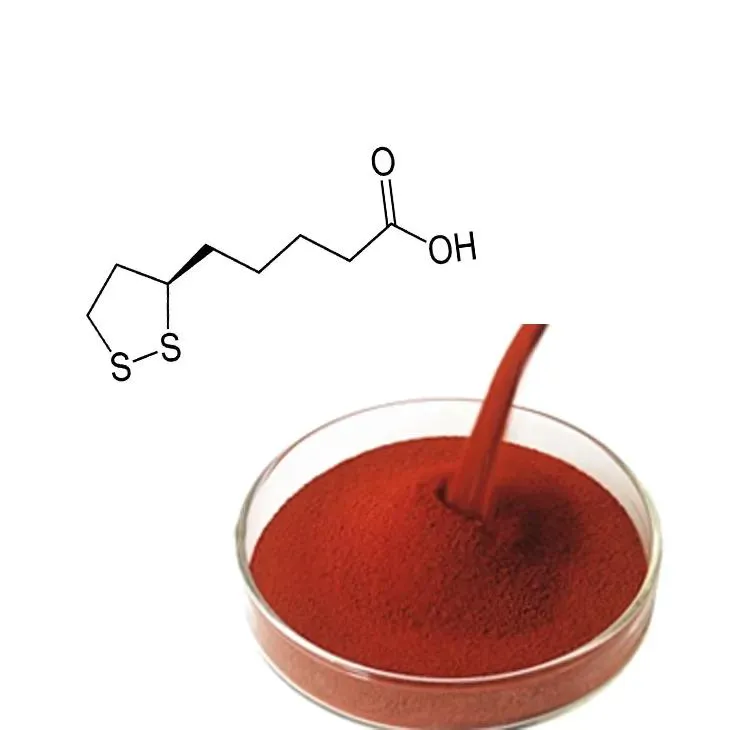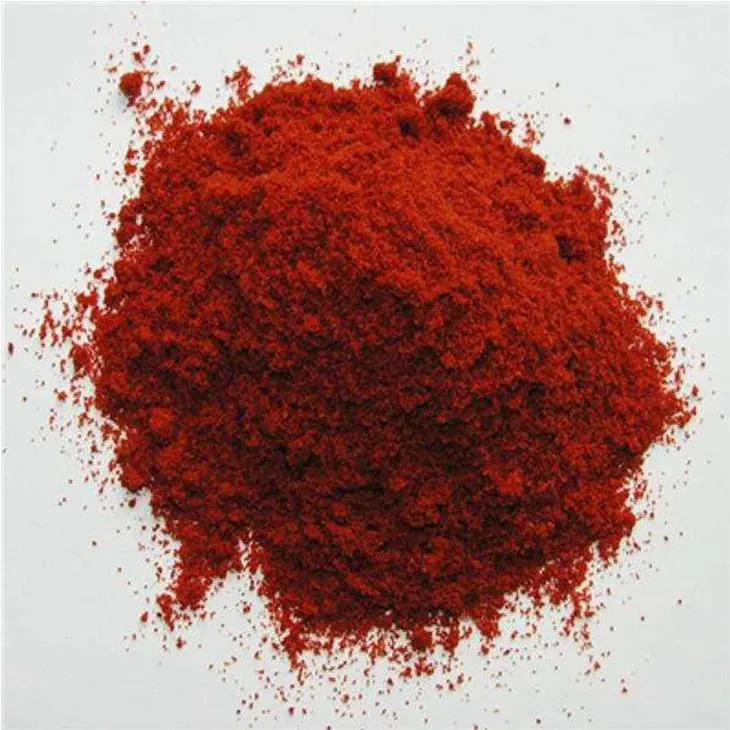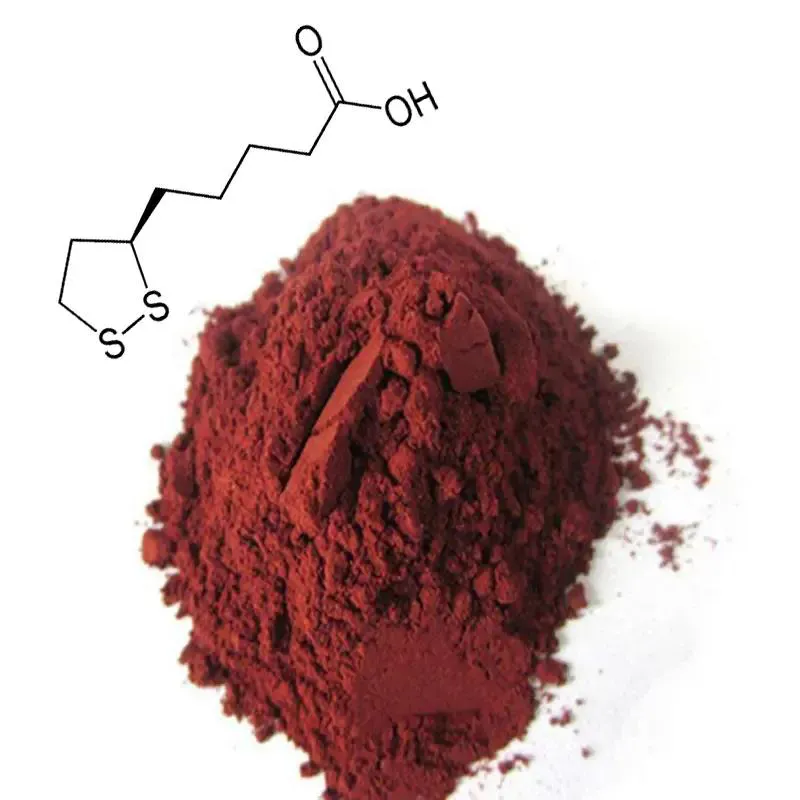- 0086-571-85302990
- sales@greenskybio.com
What Is Astaxanthin Used For: 7 Benefits of Nature's Most Powerful Antioxidant
2025-03-22

Astaxanthin, often referred to as nature's most powerful antioxidant, is a reddish pigment that belongs to the carotenoid family. Found primarily in marine organisms such as microalgae, krill, shrimp, and salmon, Astaxanthin is responsible for the vibrant pink or red color seen in these aquatic creatures. Over the years, this potent compound has gained recognition for its remarkable health benefits, prompting its inclusion in dietary supplements, skincare products, and functional foods. This article delves into what Astaxanthin is used for, highlighting its diverse applications and the science-backed benefits that make it a valuable addition to health and wellness regimens.
Understanding the Properties of Astaxanthin
The potent antioxidant capacity of astaxanthin sets it apart from other carotenoids and antioxidant compounds. It is revered for its ability to neutralize free radicals—unstable molecules that can damage cells and contribute to oxidative stress, inflammation, and aging. Astaxanthin's unique molecular structure allows it to effectively quench multiple types of free radicals, making it superior in comparison to other antioxidants like vitamin C, vitamin E, and beta-carotene.
Astaxanthin exhibits additional benefits, such as anti-inflammatory, immunomodulatory, and photoprotective effects, which have expanded its use across various therapeutic and wellness domains. Below, we explore the primary uses of astaxanthin in health and wellness.

Uses of Astaxanthin
1. Skin Health and Anti-Aging
Astaxanthin is widely recognized for its skin-enhancing properties, making it a popular ingredient in cosmetic formulations. Its antioxidant activity helps protect the skin from oxidative stress and UV-induced damage, which can lead to premature aging. Studies have shown that astaxanthin supplementation can improve skin elasticity, reduce the appearance of fine lines and wrinkles, and promote a more youthful complexion.
Additionally, astaxanthin's anti-inflammatory effects can soothe irritated skin and support recovery from environmental stressors, such as pollution and sun exposure. It also aids in maintaining moisture levels and promoting skin hydration, contributing to a healthier skin barrier.
2. Eye Health
The ability of astaxanthin to cross the blood-retina barrier makes it particularly valuable in supporting eye health. As a powerful antioxidant, astaxanthin can protect ocular cells from oxidative damage and reduce the risk of age-related eye conditions, such as macular degeneration and cataracts. Its presence in the central retina can also enhance visual acuity and reduce eye fatigue associated with prolonged screen time or exposure to artificial light.
3. Cardiovascular Health
Astaxanthin's cardio-protective effects are well-documented, owing to its ability to improve lipid profiles and reduce inflammation within the cardiovascular system. Research indicates that astaxanthin supplementation can lower levels of LDL cholesterol (often referred to as "bad" cholesterol) while increasing HDL cholesterol (often referred to as "good" cholesterol). This balancing effect helps reduce the risk of arterial plaque build-up, a factor contributing to heart disease.
Moreover, astaxanthin's anti-inflammatory properties can support healthy blood pressure levels and promote optimal vascular function by enhancing blood flow and reducing oxidative stress within blood vessels.
4. Exercise Performance and Recovery
Athletes and fitness enthusiasts are increasingly turning to astaxanthin for its potential to enhance physical performance and improve recovery. As a potent antioxidant, astaxanthin can reduce exercise-induced oxidative damage and inflammation, which often leads to muscle soreness and fatigue. Supplementation with astaxanthin aids in reducing muscle damage, improving endurance, and facilitating faster recovery post-exercise.
Additionally, astaxanthin can support mitochondrial function and enhance energy production in muscle cells, contributing to improved performance during high-intensity or endurance activities.
5. Immune System Support
Astaxanthin's immunomodulatory effects make it a valuable supplement for supporting overall immune function. By reducing oxidative stress and inflammation, astaxanthin can help regulate immune system responses and support the body's defense against infections and illnesses. This carotenoid's ability to enhance antibody production, activate immune cells, and reduce inflammatory markers plays a significant role in maintaining a robust immune system.
6. Joint and Muscle Health
For individuals seeking relief from joint pain and muscle discomfort, astaxanthin offers anti-inflammatory benefits that can improve symptoms associated with conditions like arthritis and osteoarthritis. Its capacity to inhibit pro-inflammatory cytokines and reduce oxidative damage in joint tissues provides relief from pain and swelling, promoting improved mobility and comfort.
7. Brain Health and Cognitive Function
Emerging research has highlighted astaxanthin's potential in promoting brain health and protecting against neurodegenerative conditions. Its powerful antioxidant effects can protect neuronal cells from oxidative stress and inflammation, which are often implicated in cognitive decline and diseases such as Alzheimer's and Parkinson's. Astaxanthin’s neuroprotective effects support cognitive function, memory retention, and mental clarity by enhancing blood flow to the brain and reducing oxidative damage.

Safety and Dosage Considerations
Astaxanthin is generally considered safe for most individuals when taken in recommended dosages. Typical supplementation ranges from 4 to 12 milligrams per day, depending on individual health goals and needs. It is advisable to consult a healthcare provider before starting astaxanthin, especially for those who are pregnant, breastfeeding, or taking prescription medications, to ensure safe consumption and to avoid potential interactions.

Conclusion
Astaxanthin's diverse applications stem from its multifaceted health benefits, particularly its potent antioxidant and anti-inflammatory properties. Whether used for enhancing skin health, supporting cardiovascular and eye health, improving exercise performance, or boosting immune function, astaxanthin stands out as a valuable supplement in promoting holistic wellness.
By integrating astaxanthin into daily regimens, individuals can leverage its therapeutic potential and harness the power of nature's strongest antioxidant. As always, consulting with healthcare professionals can help optimize usage and ensure that the supplement aligns with personalized health goals. Through informed choices, astaxanthin can be a pivotal component of a balanced, proactive approach to enhancing health and vitality.
- ▶ Hesperidin
- ▶ citrus bioflavonoids
- ▶ plant extract
- ▶ lycopene
- ▶ Diosmin
- ▶ Grape seed extract
- ▶ Sea buckthorn Juice Powder
- ▶ Beetroot powder
- ▶ Hops Extract
- ▶ Artichoke Extract
- ▶ Reishi mushroom extract
- ▶ Astaxanthin
- ▶ Green Tea Extract
- ▶ Curcumin Extract
- ▶ Horse Chestnut Extract
- ▶ Other Problems
- ▶ Boswellia Serrata Extract
- ▶ Resveratrol Extract
- ▶ Marigold Extract
- ▶ Grape Leaf Extract
- ▶ blog3
- ▶ blog4
- ▶ blog5
-
What Is Astaxanthin Supplement
2025-03-22
-
What Is The Function Of Astaxanthin
2025-03-22
-
what is astareal astaxanthin
2025-03-22
-
what does astaxanthin do
2025-03-22
-
what is bioastin hawaiian astaxanthin
2025-03-22
-
What Is Astaxanthin Good For?
2025-03-22
-
Coix Seed Extract
2025-03-22
-
Rose Hip Extract
2025-03-22
-
Reishi mushroom extract
2025-03-22
-
Eucommia Ulmoides Extract
2025-03-22
-
Hedyotis Diffusa Extract
2025-03-22
-
Pomegranate Extract
2025-03-22
-
Curcuma Longa Extract/Turmeric extract
2025-03-22
-
Tinospora cordifolia extract
2025-03-22
-
Artichoke Leaf Extract
2025-03-22
-
Mulberry leaf Extract
2025-03-22






























